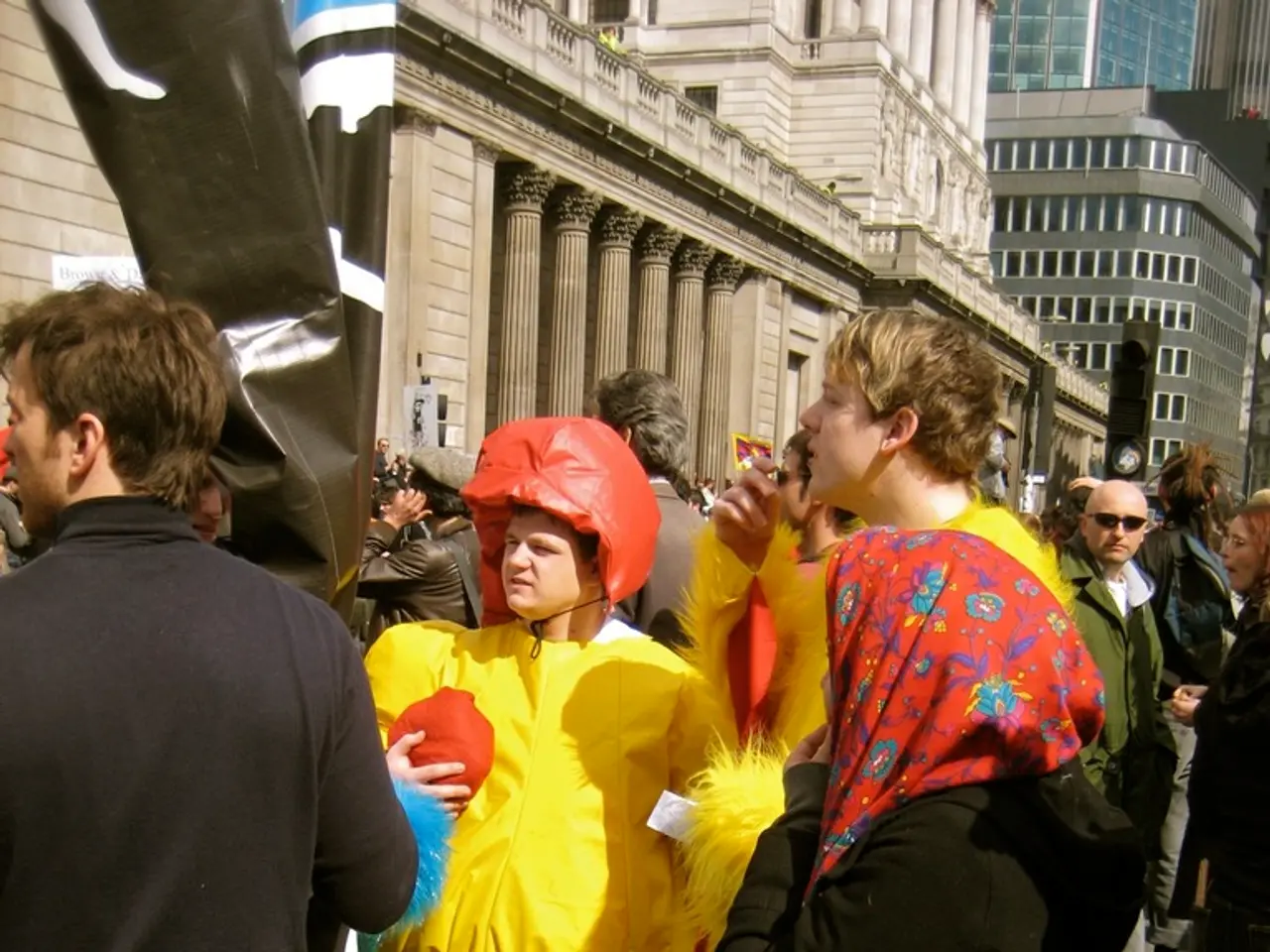Adults now receive visits from clinic clowns
University Hospital Münster Introduces Clinic-Clowns for Adult Patients
The University Hospital Münster (UKM) is set to introduce regular visits from Clinic-Clowns to adult wards, following the success of their long-standing clown visits to children's wards. This expansion recognizes the potential benefits of humor, play, and human connection in improving patients' emotional well-being and overall hospital experience across different age groups.
According to clown "Professor Spaghetti," many adults are open to new things and appreciate some fresh air in their daily hospital routine. The clowns approach people with great care, knocking on doors, making gentle contact, and respecting 'no's. Starting soon, some adult wards will receive visits from the Clinic-Clowns, approximately once a month.
The UKM announced that adult patients will benefit from the Clinic-Clowns' visits, as stated in their press release. The clowns, such as Pippo, Lollo, and Professor Spaghetti, have extensive experience working in nursing homes and rehabilitation centers. Pippo, one of the Clinic-Clowns, has been active in clown work for over 30 years.
For adult patients, these clown visits can be a welcome change, especially for those who are treated for a long time or facing serious diagnoses. The goal of the clown visits to adult wards, according to the UKM, is to remind us that healing is more than medical treatment and that joy has a place in the hospital too.
Impact on Adult Patients
The Clinic-Clowns' visits have been shown to have a positive impact on adult patients. They help reduce anxiety, depression, and feelings of loneliness among patients, particularly those in long-term or palliative care. Interactions with clowns can lower stress hormones, leading to improved physiological responses such as reduced blood pressure and heart rate.
Patients often show increased motivation to participate in therapeutic activities and rehabilitation when humor is incorporated. Clowns often act as bridges between medical staff and patients, facilitating more open communication.
Specific Approach at University Hospital Münster
At the UKM, the Clinic-Clowns tailor their performances to suit adult sensibilities and cultural contexts. They work closely with healthcare professionals to identify appropriate moments for visits, ensuring support without disrupting medical care. The program often targets patients in oncology, geriatrics, and palliative care units, where psychological distress may be high.
Specialized training for clowns handles sensitive adult cases, understanding the diverse emotional states of adult patients. Visits can be one-on-one or in small groups, often involving storytelling, gentle humor, music, and non-verbal communication tailored to patient needs.
Overall, the expansion of the Clinic-Clown services at the University Hospital Münster aims to enrich the hospital environment, offering relief and joy to adult patients while supporting their overall health outcomes. If you want, I can help you find more detailed studies or data on the program’s efficacy.
- The expansion of Clinic-Clown visits at the University Hospital Münster (UKM) signifies a potential bridge between science and workplace-wellness, aiming to improve health-and-wellness outcomes for adult patients through humor, play, and connection.
- By reducing anxiety, depression, and feelings of loneliness among adult patients, as well as lowering stress hormones and improving physiological responses, the Clinic-Clown program at the UKM demonstrates its effectiveness in promoting mental-health as well as physical well-being.




